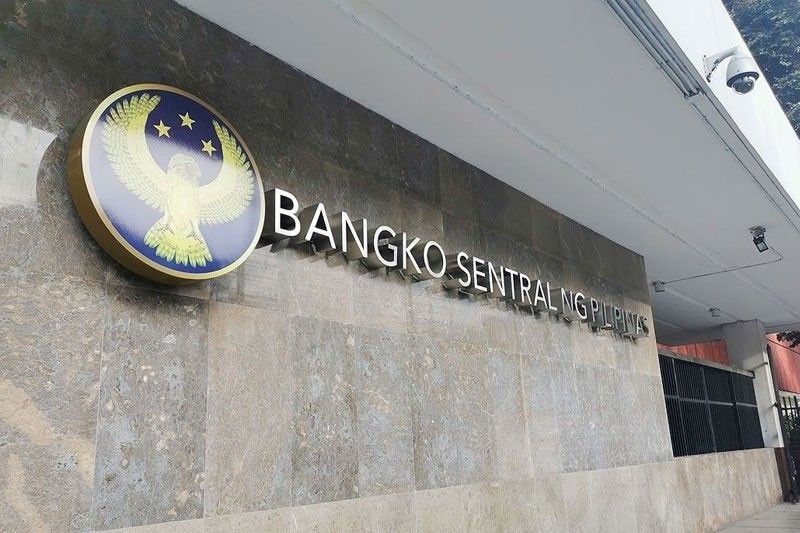Economic Cha-cha to boost FDI – BSP
Keisha Ta-Asan – The Philippine Star March 3, 2024 | 12:00am “The BSP believes that reducing, if not removing, restrictive provisions will facilitate the increase in foreign capital investment and hasten the growth of the economy, which, in turn, can expedite the ability of the nation to realize inclusive economic growth,” the central bank said. […]


Keisha Ta-Asan – The Philippine Star
March 3, 2024 | 12:00am
“The BSP believes that reducing, if not removing, restrictive provisions will facilitate the increase in foreign capital investment and hasten the growth of the economy, which, in turn, can expedite the ability of the nation to realize inclusive economic growth,” the central bank said.
Photo from BusinessWorld
MANILA, Philippines — Amending the restrictive economic provisions in the 1987 Constitution will likely attract more foreign investments in the country and stimulate economic growth, according to the Bangko Sentral ng Pilipinas (BSP).
In a position paper on Resolution of Both Houses (RBH) 7, the BSP said it maintained its view to support the easing of restrictive economic provisions in the Constitution.
“The BSP believes that reducing, if not removing, restrictive provisions will facilitate the increase in foreign capital investment and hasten the growth of the economy, which, in turn, can expedite the ability of the nation to realize inclusive economic growth,” the central bank said.
Lawmakers have been deliberating whether to amend the 1987 Constitution’s economic provisions by inserting the phrase “unless otherwise provided by law” in Article XII, Article XIV and Article XVI of the Constitution. This would ease foreign ownership restrictions in education, public utilities and advertising.
Advocates said that these changes would provide flexibility to pass laws that would open up the economy, but critics were concerned over the timing of these amendments and their adverse implications.
“The frequently perceived wisdom underlying the proposals to amend or revise the Constitution is that it gives the nation the opportunity to be responsive to the changing times and enables it to stir toward the direction it envisions,” the BSP said.
It said that international trade and commerce, the scale of the global and domestic economy, and the financial system have changed over the last four decades.
“In this regard, we believe that there may be room to consider the amendments to the economic provisions of the Constitution in order to make the Philippines more competitive and allow our laws to keep pace with recent and future developments,” it said.
Latest BSP data showed that in the 11 months to November 2023, net foreign direct investments (FDI) declined by 13.3 percent to $7.58 billion from $8.74 billion in the same period in 2022.
The BSP sees FDI net inflows of $8 billion at end-2023 and $10 billion at end-2024.
Meanwhile, the government is aiming to achieve a 6.5 to 7.5-percent economic growth this year, faster than the 5.6-percent expansion in 2023.
“These proposed amendments to the economic provisions of the Philippine Constitution are in line with the government’s efforts and measures to address major challenges in attracting foreign investments that, in turn, help achieve growth and financial resilience,” the BSP said.
To fully see the economic benefits of the changes, the government should also advance policies that will enable domestic industries to enhance and develop their productivity.
The BSP also remains ready to work with Congress in pushing for reforms that will enable a good investment environment, which aims to strengthen the country’s economic development.
The central bank also said it has supported the government’s structural reforms over the past decades, especially those aimed at improving the Philippines’ growth prospects.
“These reforms help stimulate the economy, generate more jobs, facilitate the efficiency of public services, and improve competition via fostering a level playing field for investors. We continue to support such measures,” the BSP said.














